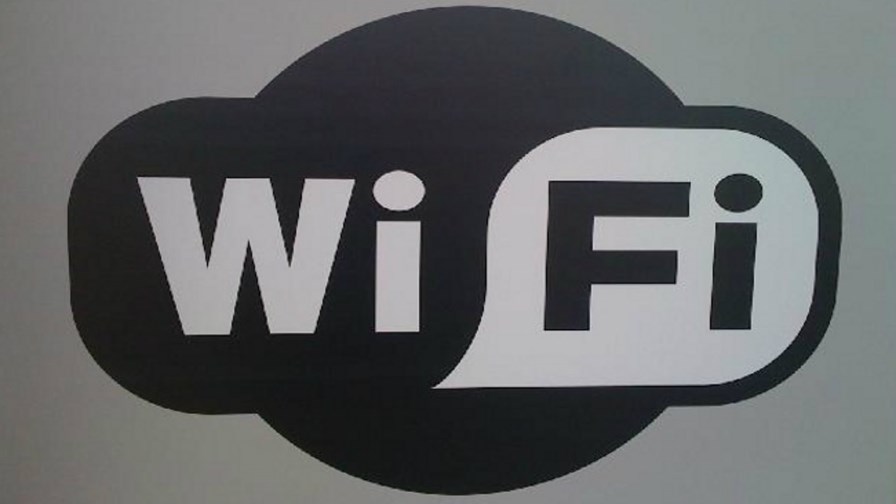
via Flickr © miniyo73 (CC BY-SA 2.0)
We used to call it the ‘Elephant in the room” way back in about 2010. Even then it was apparent that WiFi had arrived and smartphone users were using it, not just as ‘offload’ but as a preference - in their offices, in the home and increasingly at emerging public hotspots in cafes and the like.
When these numbers were flagged up (one analyst estimated, even at the time, that some users were up to 90 per cent WiFi usage) the response in telecoms circles was often a short, embarrassed silence, and then the discussion would continue like nothing had happened. It would be explained that WiFi had nothing to do with cellular data usage... really. And anyway it would go away when LTE was turned up. WiFi was just a band aid for some operators who hadn’t sized their networks properly.
So the elephant stayed in the room. In fact he or she settled in, occupied a sofa, took charge of the remote control and ordered a beer.
And why not? Most wireless devices tend to be only episodically ‘mobile’ in the old-fashioned sense of moving about and requiring mid-session handoff from one cell to another. Increasingly they aren’t used as ‘mobiles’ at all but are nomadic. They shut down, move with their owner and re-establish another wireless connection at a destination because they’re not only smartphones: they’re tablets, phablets and laptops as well.
Business Week has been crunching some WiFi numbers offered up by Adobe Systems which monitors more than 10,000 websites. It reports that “well more than half of the online activity produced by smartphone users happens over WiFi… Adobe’s research found that Wi-Fi had already surpassed Web browsing via cellular networks by early 2013.”
Businessweek thinks these numbers and the underlying trend may soon represent an existential crisis for mobile carriers as WiFI’s use scales up, the ecosystem builds and the supporting WiFi underpinnings get more and more powerful and cost effective. In this scenario, WiFi, having dominated the nomadic takes over what’s left of the mobile functions as well and does so at a cost that existing cellular networks, and their business models, can’t match.
On of my favourite analysts, Francis McInerney, Managing Director of North River Ventures in New York, thinks it’s much worse than that. He thinks the IT-isation of the telecoms industry (of which trend WiFi is only a small part) means that the ‘cloud’ and the technologies which feed it simply sweep everything before them in the longer run.
Francis has a good record on predicting disasters. He correctly assayed the dotcom boom of the late 1990s and predicted the 2000 crash while giving astute reasons as to why it was going to happen.
Most recently he and his colleagues have been doing some more thinking and industry modeling.
“We realized that we had been very stupid,” he says. “We had always — like for nearly 40 years — assumed that common carriers like Verizon were just part of the furniture and never asked a simple question.
“Carriers came in with Theodore Vail [the man credited with inventing the telephone business in the US] because information costs were so high they were the only efficient way to deliver communications. But what happens when the costs of information fall so low that we have clouds - ubiquitous access to unlimited computing power at marginal costs - and the architectures that support cloud access for consumers?”
Answer: no carriers.
“At least none that look like what we have today. We wind up with a series of shared assets structured like Equinix [the colocation/data centre specialist]. Nothing remains of today’s world. Well, that’s not quite true. Cell towers and data warehouses are already shared assets. Fiber backhaul is going the same way. Small cells can be structured that way easily. Much of the future is now.”
So according to Francis, everything changes, from the assets themselves to the ways that they are owned and financed.
What do you think?
See Francis’s The Death of Cellular presentation on Vimeo.
Email Newsletters
Sign up to receive TelecomTV's top news and videos, plus exclusive subscriber-only content direct to your inbox.




